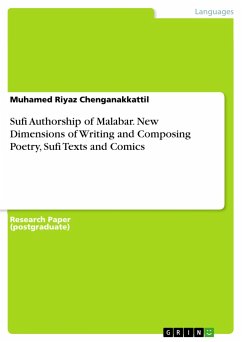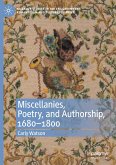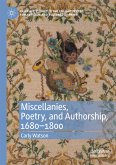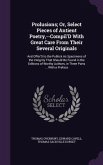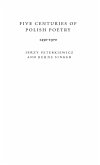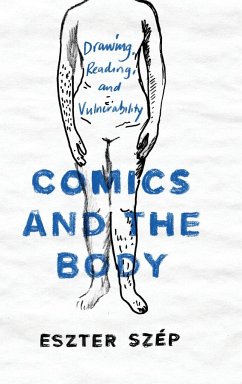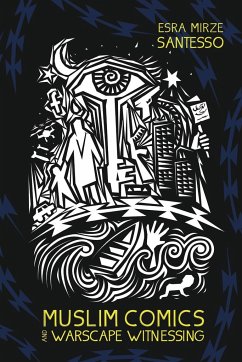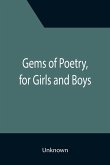Research Paper (postgraduate) from the year 2016 in the subject Literature - Comparative Literature, grade: A, Indian Institute of Technology, Delhi (Department of Humanities and Social Science), course: PhD, Religion and Literature, language: English, abstract: This paper deals with the Sufi authorship and new dimensions of writing and composing Poetry, Sufi texts and comics.Sufi authorship has different dimensions, ranging from writing or saying about mysticism, Sufi saints, or divine figures, in new forms of expression, such as poetry, graphic stories and Mushaira. While dealing with this in the tradition of Malabar's Sufi authorship, it is seen in its different nature. Malabar has contributed a lot to the tradition sufi poetry through Mala Poetry written in Arabic-Malayalam such Safala Mala, Muhyuddeen Mala, and poems recited in the mystical insanity. This Mala tradition has given a new facet of Sufi poetry. In this tradition, some Mala poetry has fixed single authors, and others still remain in anonymity of authors while others are shared and collaborative. Adding stories from Prophetic tradition and words of wisdom by Sufs in these poems seem to echo the intertextual and interauthorial aspects Frischkopfean notion of Sufi poetry. And questions arise from appropriating poems to a mad mystic who reached the circle of Jazb, whether his poem is part of his creativity or will it be treated as 'authorless' object due to its composition during one's Sufi madness. Impromptu Sufi poetry is mainly focus of some religious institute based competitions, which differs from the conventional system of Rekhtah/ Mushaira in which lines borrowed from the available Sufi poetry. In this impromptu poem, which is based on final letter of opposite contestant, the reciting person should create his own line from genius and perform it. The line should include some appraisal of prophet, or Sufi saints and it gives some important ideas on the original composition of the poems. Other interesting area where ambiguity of authorship arises is Sufi graphic stories such as Mulla Nasruddeen story. In Malabar, children's literature is replete with stories from Sufi traditions which are narrated by author or compiler of the story giving some additional picture with comments. This act of graphic stories has given very distinct notion of authorship in which compiler of the stories is interconnected with original author of the story who can be the Sufi or his disciples. These are all modes of productions which seem to suggest emergence of new ideas of authorship.
Hinweis: Dieser Artikel kann nur an eine deutsche Lieferadresse ausgeliefert werden.
Hinweis: Dieser Artikel kann nur an eine deutsche Lieferadresse ausgeliefert werden.

